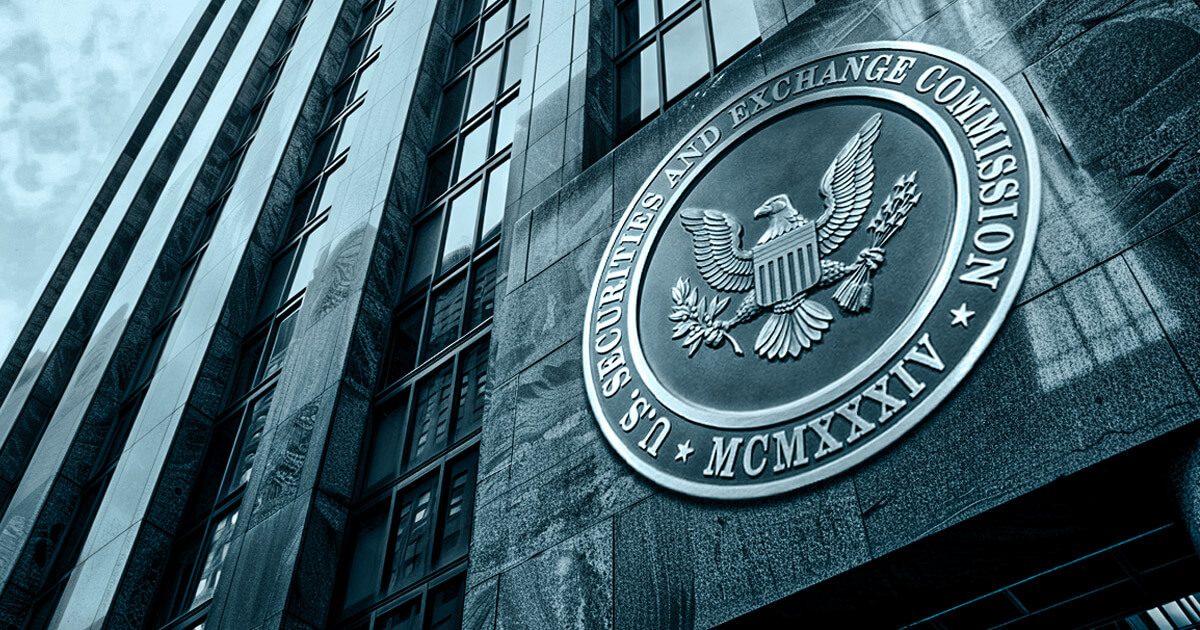
The SEC aggressively opposed Richard Heart’s attempt to dismiss a $1 billion fraud case, arguing that his widespread promotion of unregistered digital assets like HEX, PulseChain, and PulseX directly targeted US investors.
The regulator’s Aug. 22 filing insisted that Heart’s actions fall squarely under US jurisdiction and that the evidence supports its claims of extensive securities fraud.
According to the SEC, Heart, also known as Richard Schueler, allegedly raised over $1 billion from investors worldwide by selling unregistered securities and then misappropriated millions for personal luxuries, including cars and what he called the world’s largest black diamond.
The complaint accuses him of violating key provisions of the Securities Act and the Securities Exchange Act and outlines how his fraudulent activities directly impacted US investors.
Grounds for jurisdiction
The SEC’s opposition filing comes in response to Heart’s motion seeking dismissal of the case on the grounds of insufficient jurisdiction and the alleged inadequacy of the SEC’s claims.
Heart’s defense contended that his activities, primarily conducted outside the US, do not fall under the purview of US securities laws. They further argued that the SEC’s complaint failed to establish that he engaged in conduct within the US that had a substantial effect on US investors, as required under the “conduct and effects” test.
Heart also asserted that the transactions in question were predominantly foreign, further challenging the court’s jurisdiction. Additionally, he claimed that the SEC’s allegations were insufficient to state a plausible claim for relief, particularly in regard to the fraud claims.
In its detailed memorandum, the SEC refuted these claims by asserting that Heart’s actions had significant and direct impacts on US investors. The agency pointed to Heart’s extensive promotion of the crypto tokens in question, including his personal appearances at US-based events and his active engagement with US investors through online platforms and social media.
The SEC highlighted that many of these promotional efforts were specifically aimed at attracting US investors, further establishing the grounds for jurisdiction.
Heart’s alleged fraudulent activities include the unregistered offering and sale of securities, in violation of Sections 5(a) and 5(c) of the Securities Act of 1933. Additionally, the SEC accuses Heart of violating antifraud provisions under Section 17(a) of the Securities Act and Section 10(b) of the Securities Exchange Act of 1934.
Misleading investors
The watchdog’s complaint details how Heart misled investors about the use of their funds, allegedly diverting millions for personal luxuries, including expensive cars and the so-called largest black diamond in the world.
The SEC’s opposition document emphasized the significant efforts Heart took to market these digital assets to US investors. It noted that Heart’s interactions with US-based audiences were not incidental but rather part of a calculated strategy to attract substantial investments from within the country.
The SEC further argued that Heart’s connections to the US, combined with the magnitude of his alleged fraud, provide a clear basis for the court’s jurisdiction over him.
For now, the SEC remains steadfast in its pursuit of legal action against Heart, signaling its commitment to holding accountable those who engage in deceptive practices in the increasingly complex world of digital assets.

